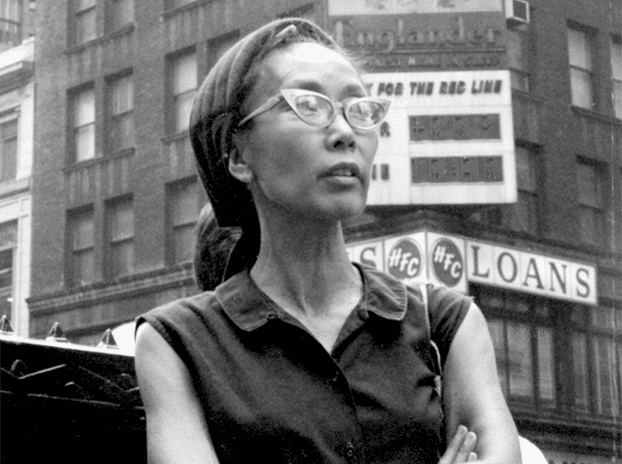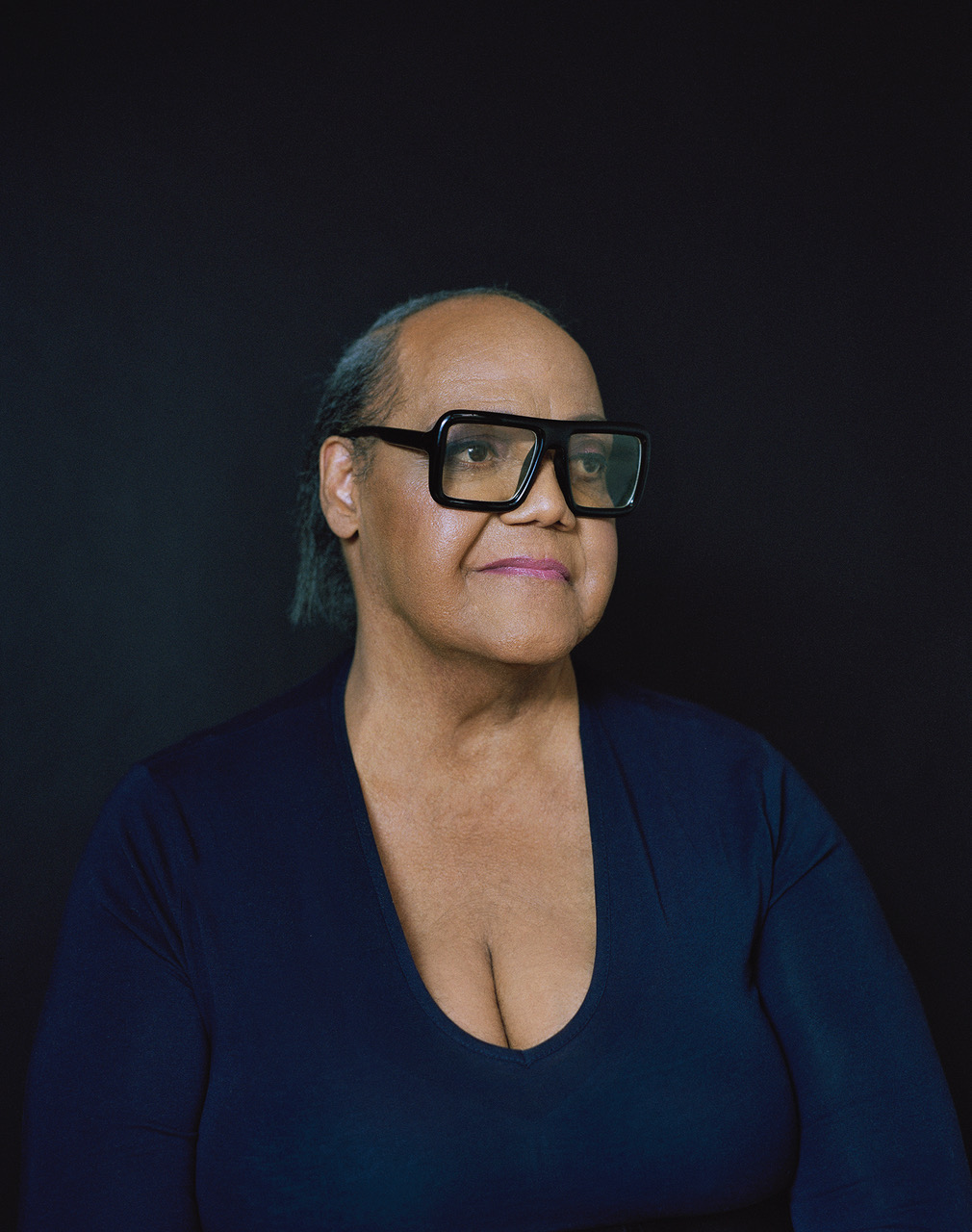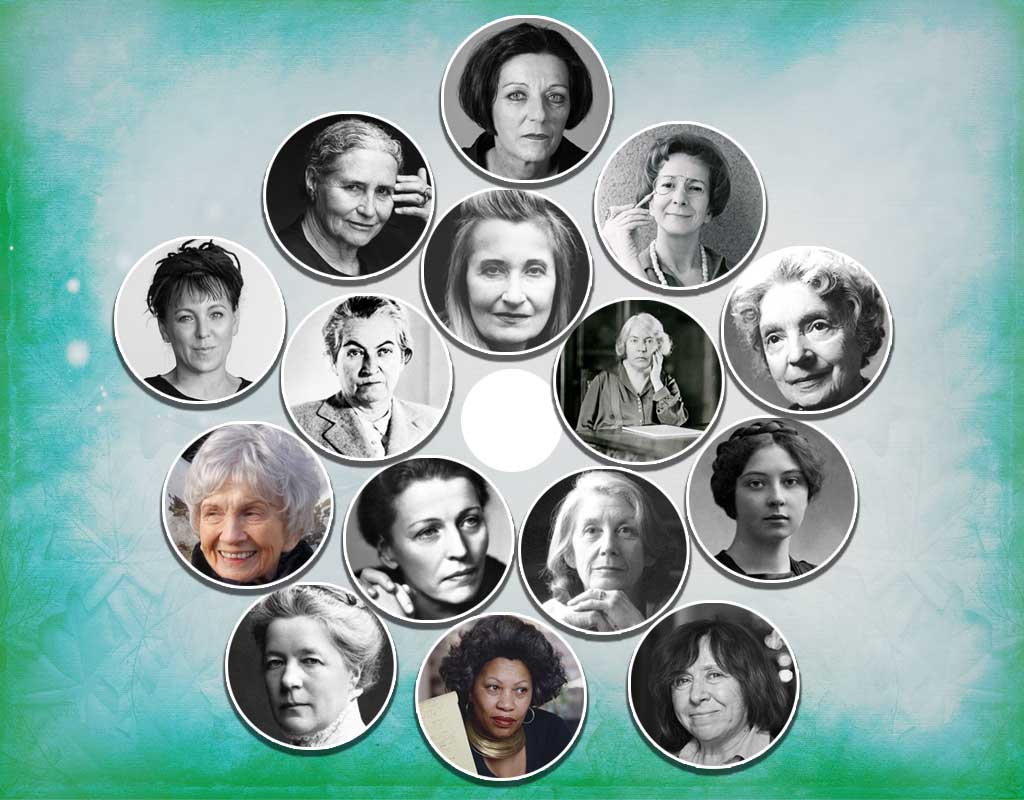 The National Archives Women's Affinity Group: Women's History Month
The National Archives Women's Affinity Group: Women's History Month
The National Archives celebrates Women’s History Month, recognizing the great contributions that women have made to our nation. Learn about the history of women in the United States by exploring their stories through letters, photographs, film, and other primary sources.
Employee Affinity Groups (EAGs) at the National Archives and Records Administration (NARA) serve as a forum for education, communication, and professional development. During the commemoration of the centennial of the 19th Amendment, members of the National Archives Women's Affinity Group updated NARA’s research pages and enlarged the focus on women's rights. Explore the records featured on their Women's Rights page, and view selected images from the National Archives Catalog.
Rightfully Hers: American Women and the Vote
The exhibit Rightfully Hers: American Women and the Vote was created for the 100th anniversary of the 19th Amendment and looks beyond suffrage parades and protests to the often-overlooked story behind ratification.
Special Report: Women Who Shaped History [Smithsonian Magazine]
The Smithsonian's American Women’s History Initiative is a comprehensive undertaking that documents, researches, collects, displays and shares the rich and compelling story of women in the United States. In celebration of the AWHI, Smithsonian magazine has collected representative examples of its coverage of diverse women throughout American history.
 Smithsonian American Women's History Museum
Smithsonian American Women's History Museum
Decades in the making, the Smithsonian Institution is building an American Women's History Museum in our nation's capital. Women have contributed to America’s most defining moments—times that shaped constitutional rights, yielded scientific breakthroughs, created the symbols of our nation. Yet a diversity of women’s stories has not been widely told. To create a more equitable America, the Smithsonian is researching, disseminating, and amplifying the histories of American women through its American Women’s History Initiative in preparation for the future Smithsonian American Women’s History Museum. The Smithsonian wants the role of women in American history to be well-known, accurate, acknowledged, and empowering.
Dr. Joy Harden Bradford is a licensed psychologist, speaker and the host of the wildly popular mental health podcast, Therapy for Black Girls. Her work focuses on making mental health topics more relevant and accessible for Black women and she delights in using pop culture to illustrate psychological concepts. She has been featured in O, The Oprah Magazine, Forbes, Bustle, MTV, Huffington Post, Black Enterprise, Refinery29, Teen Vogue, and Essence. Therapy for Black Girls is an online space dedicated to encouraging the mental wellness of Black women and girls.
Picture A Scientist [via DragonSearch, Drexel login required]
Picture a Scientist is a feature-length documentary film chronicling the groundswell of researchers who are writing a new chapter for women scientists. Biologist Nancy Hopkins, chemist Raychelle Burks, and geologist Jane Willenbring lead viewers on a journey deep into their own experiences in the sciences, overcoming brutal harassment, institutional discrimination, and years of subtle slights to revolutionize the culture of science. From cramped laboratories to spectacular field sites, we also encounter scientific luminaries who provide new perspectives on how to make science itself more diverse, equitable, and open to all.
Women’s Foundation California and the Kiskadee podcast: Listen to Yuri’s Legacy
Casual confidant to Malcom X, a gifted community organizer, and tireless advocate for justice, Yuri Kochiyama [Wikipedia] saw, spoke, and embodied the power of solidarity in her over 90 years of life. Bia Vierra sits down with her granddaughter Akemi Kochiyama to talk about Yuri’s legacy and how we can continue to strive for social justice.
Asian American Feminist Collective (AAFC)
Asian American Feminist Collective (AAFC) is a grassroots racial and gender justice group based in New York City engaging in intersectional feminist politics grounded within our diasporic communities. We work to interrogate and dismantle systems of racism, imperialism, patriarchy, and capitalism and are deeply invested in abolition, queer liberation, cross-racial solidarity, and collective joy.
Together and with our partners, AAFC curates community events, tells our stories through various modes of feminist media, and provides spaces for identity exploration, political education, community building, and advocacy.
Asian/American feminism is a world-building project of endless love, solidarity, and imagination. The beauty of the Asian American feminist movement is that we can continue to shape and evolve it together, and we need you! Wherever you are on your political journey and whether or not you consider yourself an activist, we welcome you to come to an event, partner with us on a project or initiative close to your heart, and join our community of feminists building towards a brighter and more just future.
We are a grassroots massage worker coalition in the U.S. There are over 9000 workplaces like these across the country with no political representation, or access to labor rights or collective organizing. Anti-trafficking NGO’s that claim to speak for migrants in sex trades promote increased policing and immigration control, which harms rather than helps migrant sex workers. We also organize transnationally with Asian sex workers across the diaspora in Toronto, Paris, and Hong Kong.
4 Asian-Am erican Women Who Changed History [Teen Vogue]
erican Women Who Changed History [Teen Vogue]
The erasure of Asian women from history has a profoundly negative impact on Asian-American women everywhere. It helps perpetuate the “bamboo ceiling,” a phenomenon in which, despite often succeeding in the workforce, Asian women continue to be systematically shut out of leadership positions. Today, of all groups divided by race and gender, they are the least likely to become executives. Representation matters, not just in Hollywood, but in our curricula and cultural consciousness. These women’s stories matter. In a country where the contributions of women of color are often pushed to the sidelines, there’s no time like Women’s History Month to celebrate the impact Asian-American women have had on history and our lives.

Miss Major is a Black, transgender activist who has fought for over fifty years for her trans/gender nonconforming community.
Major is a veteran of the infamous Stonewall Riots, a former sex worker, and a survivor of Dannemora Prison and Bellevue Hospital’s “queen tank.” Her global legacy of activism is rooted in her own experiences, and she continues her work to uplift transgender women of color, particularly those who have survived incarceration and police brutality.
Shaping Narrative. Creating Content. Telling Stories. We’re proud to elevate Black women, showcasing talent, tenacity and brilliance. This space is a sampling of warriors, innovators, thought leaders and exemplars – celebrated or underacknowledged – Black women who embody our mission.
National Women’s History Museum
Our mission is to tell the stories of women who transformed our nation. We will do that through a growing state-of-the-art online presence and a future physical museum to educate, inspire, empower, shape the future, and provide a complete view of American history. We envision a world where women's history inspires all people to have equal respect for everyone's experiences and accomplishments and to see there are no obstacles to achieving their dreams.
Ten Inspiring Latinas Who Made History: From astronauts to artists, meet the Latinas who’ve shaped the U.S. today [Google Arts & Culture]
“People think of Latina women as being fiery and fierce, which is usually true”, says Zoe Saldaña, “but I think the quality that so many Latinas possess is strength.” From Selena to Sylvia Rivera, Latinas have shown their strength, fortitude and skill in every discipline and field, including science, the arts, law, and politics. Here we take a look at a handful of the inspiring Latinas who have made history, shaped the society we live in, and changed our world for the better.
Dolores Huerta [pictured]: Doing back-breaking work under the unforgiving sun, sleeping in rough shacks with dozens of men to a room, all for below-poverty-level wages; farm workers in the early Twentieth Century, most of whom were immigrants from Central America, had a hard, painful, unjust life. That is, until Dolores Huerta and others like her, came along. In 1965, Huerta created the United Farm Workers, an organization that worked tirelessly to improve the working conditions for farm workers. By leading boycotts, picketing, protesting and lobbying, Huerta was instrumental in bringing about legislation that protects some of the most vulnerable people in our society.
Design Matters – March 2021: Celebrating Our History In Women's History Month [Community Design Collaborative]
There is a famous quote that says “Women are the real architects of society” attributed to Harriet Beecher Stowe (but sometimes Cher). It always reminds me of the field of Community Design, because of the long history of female pioneers working within and alongside communities for change. As we celebrate Women’s History Month, we wanted to take this moment to highlight some of the fierce females who have influenced and inspired us at the Collaborative!
Finding Justice: The Untold Story of Women’s Fight for the Vote [Justice Bell Foundation Documentary and Study Guide]
Part present-day detective story and part historical account of the movement for voting rights, Finding Justice: The Untold Story of Women's Fight for the Vote tells the story of a band of intrepid women and their one-ton bronze bell that became a celebrated icon of the women's suffrage movement. The Justice Bell—modeled after the Liberty Bell—attracted nationwide attention, which helped rally support in the last crucial years leading up to the passage of the Nineteenth Amendment.
Dr. Tamika Nunley on How Black Women Defined Liberty in 19th-Century America
In Choice 360's first TIE Spring Semester podcast episode of 2023, Dr. Tamika Nunley, who is Associate Professor and Sandler Family Faculty Fellow at Cornell University, sits down with TIE Editor in Chief Alexia Hudson-Ward to discuss Tamika’s award-winning book At the Threshold of Liberty: Women, Slavery, and Shifting Identities in Washington, D.C. (reviewed in the May 2022 issue of Choice). Seeking to expand the scope of Black women’s history beyond traditional narratives of either achievement or brutality, Tamika explores the history of everyday Black women and girls. She settled on Washington, DC, as the locus for her study, given its rich history as home to many multifaceted Black families, going all the way back to its earliest history as the nation’s capital. Her humanizing account draws on diverse sources, spanning police records to the letters of First Ladies, to recover the stories of women engaged in illicit activities, ranging from gambling to sex work, who sought to define liberty on their own terms in the 19th-century United States. Her account is one of survival, depicting how generations of Black women survived through especially violent circumstances, a story that is sure to resonate with audiences today.
 A Brief History of All the Women Who Have Won the Nobel Prize [Literary Hub]
A Brief History of All the Women Who Have Won the Nobel Prize [Literary Hub]
Though Selma Lägerlof won in 1909, nearly half of the total awards to women are concentrated in just the last eighteen years. Most of the women laureates are from Europe, as are most literature laureates in general. The first Latin American author ever to win was a woman (Chilean poet Gabriela Mistral, awarded 1945), and she remains the only Latin American woman to have won. American novelist Toni Morrison is the only Black woman recognized to date, and the body of winners remains overwhelmingly white. In terms of lived experience, the winners have faced famine, war, displacement, illicit romance, racism, motherhood, prestige, derision, and more.
